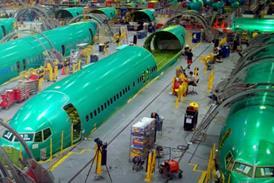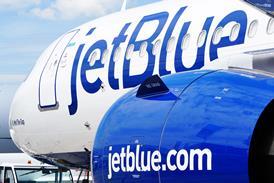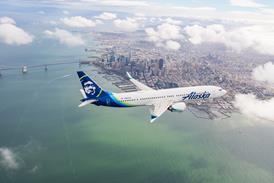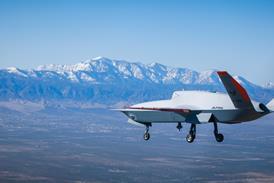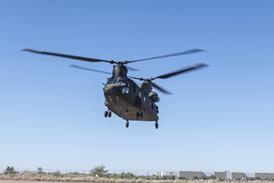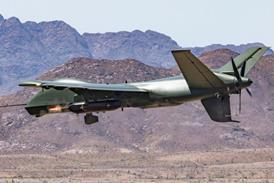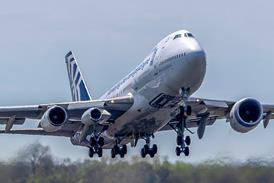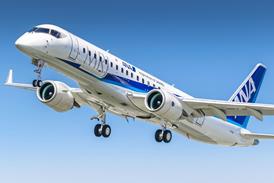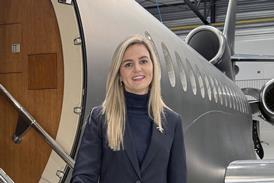AgustaWestland's position on Italian programmes has recently come under European Union scrutiny. Last month the European Commission brought legal proceedings against Italy over helicopter contracts, following April's European Court of Justice ruling that Italy had broken EU law by buying helicopters only from AgustaWestland, without competitive tendering.
However, the helicopter manufacturer's owner Finmeccanica moved to downplay the potential impact, saying that it had not received any official communication about the latest legal proceedings and that "in any event, the orders in question relate to revenues that account for only a fraction of the company's total sales".
AGGRESSIVE EXPANSION
AgustaWestland - which is based at Vergiate, 55km (35 miles) north-west of Milan - draws around 85% of its business from outside Italy. Moreover it is pursuing an aggressive expansion of its international presence, with new production initiatives in USA and Russia among its more recent efforts.
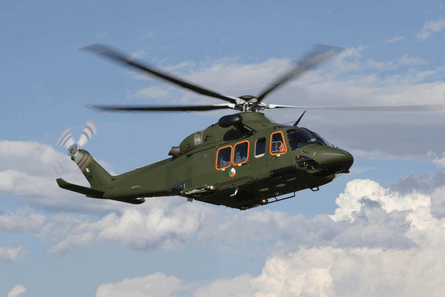 |
|---|
© AgustaWestlandIn February a new AW139 medium twin helicopter assembly line was opened in Philadelphia |
The company operates two main sites in the USA, at Philadelphia and Reston, Virginia. The Reston site is responsible for government programmes, while the Philadelphia site manufactures commercial helicopters and manages sales to customers in the Americas.
In February a new AW139 medium twin helicopter assembly line was opened in Philadelphia, and it is now close to its full-scale production rate of 30 helicopters a year. A quarter of the AW139 orderbook is accounted for by customers in the Americas, who include operators in Brazil, Canada, Mexico, the USA and Venezuela.
The Philadelphia site - which is also responsible for AW119 Ke production and for completion of AW109 Powers and Grands for customers in the Americas - is now AgustaWestland's third largest helicopter final-assembly location, behind its sites at Vergiate and Yeovil, UK.
Notice of AgustaWestland's strategic designs on Russia was served when, at the Farnborough air show in July, it signed an agreement with Oboronprom to create a joint venture for the final assembly of AW139s in the country.
Initially, Oboronprom will deliver AgustaWestland products in Russia and the CIS. As a second stage the two companies will jointly establish a network of maintenance centres for AgustaWestland products in Russia, and subsequently a production line will be built in a green-field location in the Moscow area. Operations are expected to start in 2010, with initial deliveries following in 2011. It is expected that the Russian site will initially serve local customers, but will ultimately internationalise.
AgustaWestland's international efforts are not confined to the former cold warriors. In June, for example, a contract to supply the Turkish attack and reconnaissance helicopter was confirmed. The first T129 will be delivered in 2013, with four more to follow by 2018. AgustaWestland's local partners in the programme include Turkish Aerospace Industries and Aselsan.
JAPAN SUCCESS
Success in Japan followed in October, when AgustaWestland's local representative Kanematsu ordered 16 AW109s (14 Powers and two Grands) for delivery by the end of 2011. AgustaWestland estimates the Japan helicopter market to have a potential value of �5 billion ($6.4 billion), of which it expects to secure a 30% share.
Elsewhere, AgustaWestland has expanded its logistics centres in Belgium, Italy and the USA, and opened new ones in Brazil and Malaysia. Additionally it operates 60 service centres around the world, with new locations recently added in South Africa and South Korea.
As 2008 draws to a close a decision is expected in the competition to provide the US Air Force with a next-generation combat search and rescue (CSAR-X) helicopter, in which the HH-71 - developed in partnership by AgustaWestland and Lockheed Martin - is head to head with the Boeing HH-47 Chinook and Sikorsky HH-92. The contract, which is scheduled to be awarded by year-end, will cover 146 helicopters and have a potential value of $15 billion.
Victory would certainly soften the impact of any action taken against Italy by the European Commission.
Source: Flight International

